
Water scarcity is one of the world's leading challenges affecting over 2.1 billion people worldwide, with approximately three in ten people across the globe lacking access to safe and readily available water at home.
In an effort to overcome the challenge, Project Maji Foundation, a not-for-profit Non-Governmental Organization (NGO), is partnering Ghana-based organizations to provide rural communities in Ghana with access to safe drinking water.
Some of the partners include Binatone, Shalina, Volta River Authority, World Vision, Melcom Group of Companies and Poly Group.
Addressing a news conference to mark World Water Day in Accra, last week, Sunil Lalvani, Founder and Chief Executive Officer (CEO), Project Maji Foundation, disclosed that the Foundation had opened its 9th site in Ghana while more than 15,000 Ghanaians had been provided with access to safe drinking water.
Mr Lalvani said he originally set out to provide one community safe water through Binatone's Corporate Social Responsibility (CSR) department in 2014, but found himself assisting more communities, adding that Project Maji was committed to spending 100 per cent of its proceeds to expand and maintain rural water installations.
He said the Foundation was currently looking for partners and donors interested in supporting their initiatives in providing safe drinking water, adding that by 2025, one million rural communities in Ghana.
He said Project Maji, established in 2015, was becoming a leader in the water, hygiene and sanitation sector, using its solar powered water kiosk pumping system which can pump and serve 5,000 litres of water per day with minimal maintenance and physical effort.
Mr Lalvani said the water pumping technology was ideally suited for deployment in rural communities and designed to work reliably with almost no maintenance in the harshest of environments and minimal damage to the ecosystem.
He said the technology allowed the monitoring of all projects remotely directly from cell phones, which did not only mitigate costs, but also ensured that each site remained functional long after departure from the project site.
In his remarks, Nicole Malick, Development Director, Project Maji, explained that the operations of Project Maji was on the model of Build-Operate-Transfer and Sustain.
In addition, Mr Malick said, environmental, financial and community sustainability were integrated into all aspects of project execution.
In a statement, Mr Sam Fletcher of the Volta River Authority, noted that water had a direct effect on the economy of every village or community and that there should be an end to water poverty through projects such as Project Maji.
On his part, Mr Attah Arhin, Project Co-ordinator, Water, Sanitation and Hygiene (WASH) Projects, World Vision Ghana, disclosed that World Vision had partnered Project Maji to provide safe water to schools and health centres in communities in the Ga West Municipality.
Mr Arhin said World Vision was encouraged by the results of that pilot scheme to sign a Memorandum of Understanding (MoU) to commit to increasing access to safe water to rural communities across Ghana through the Project Maji Technology.
Source: ISD (G.D. Zaney, Esq.)
Read Full Story
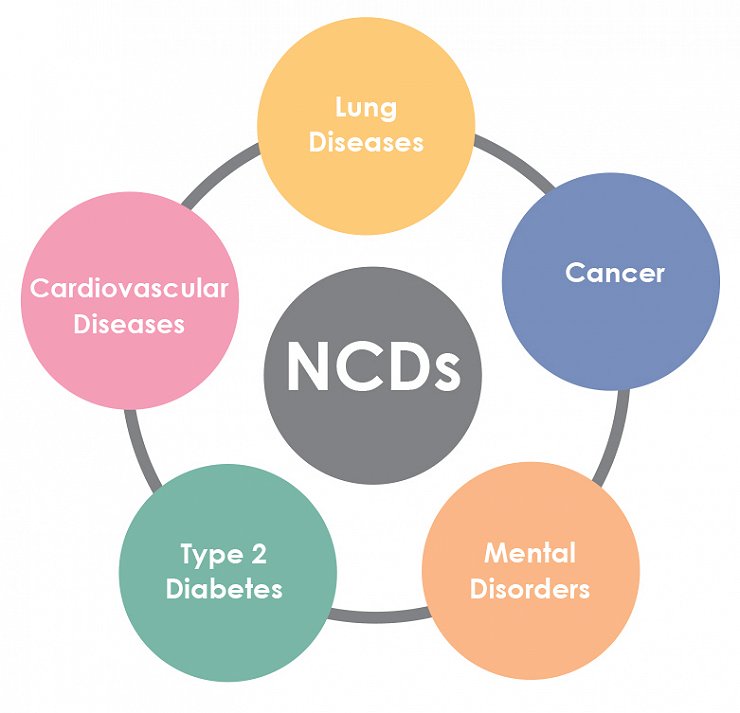
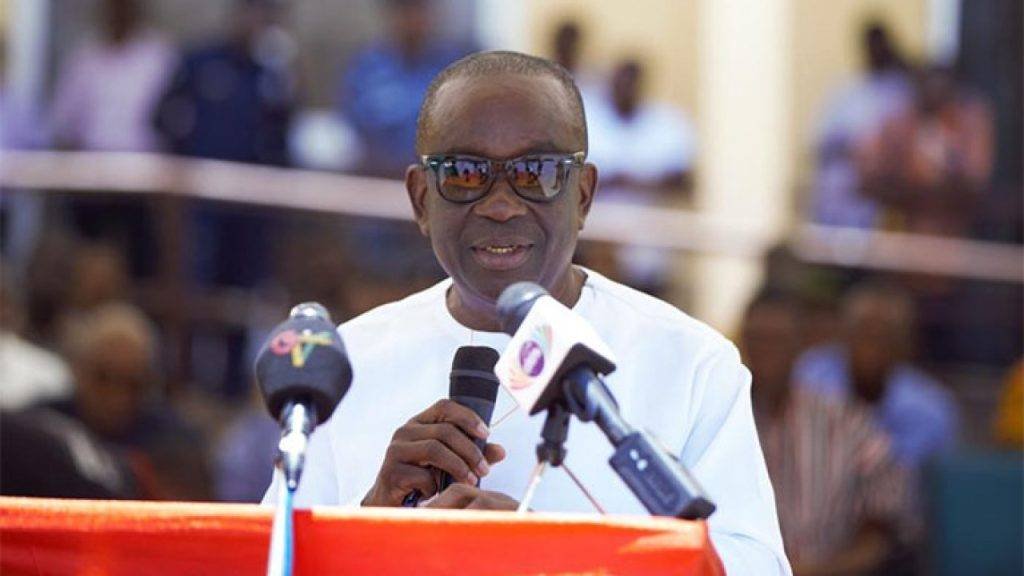
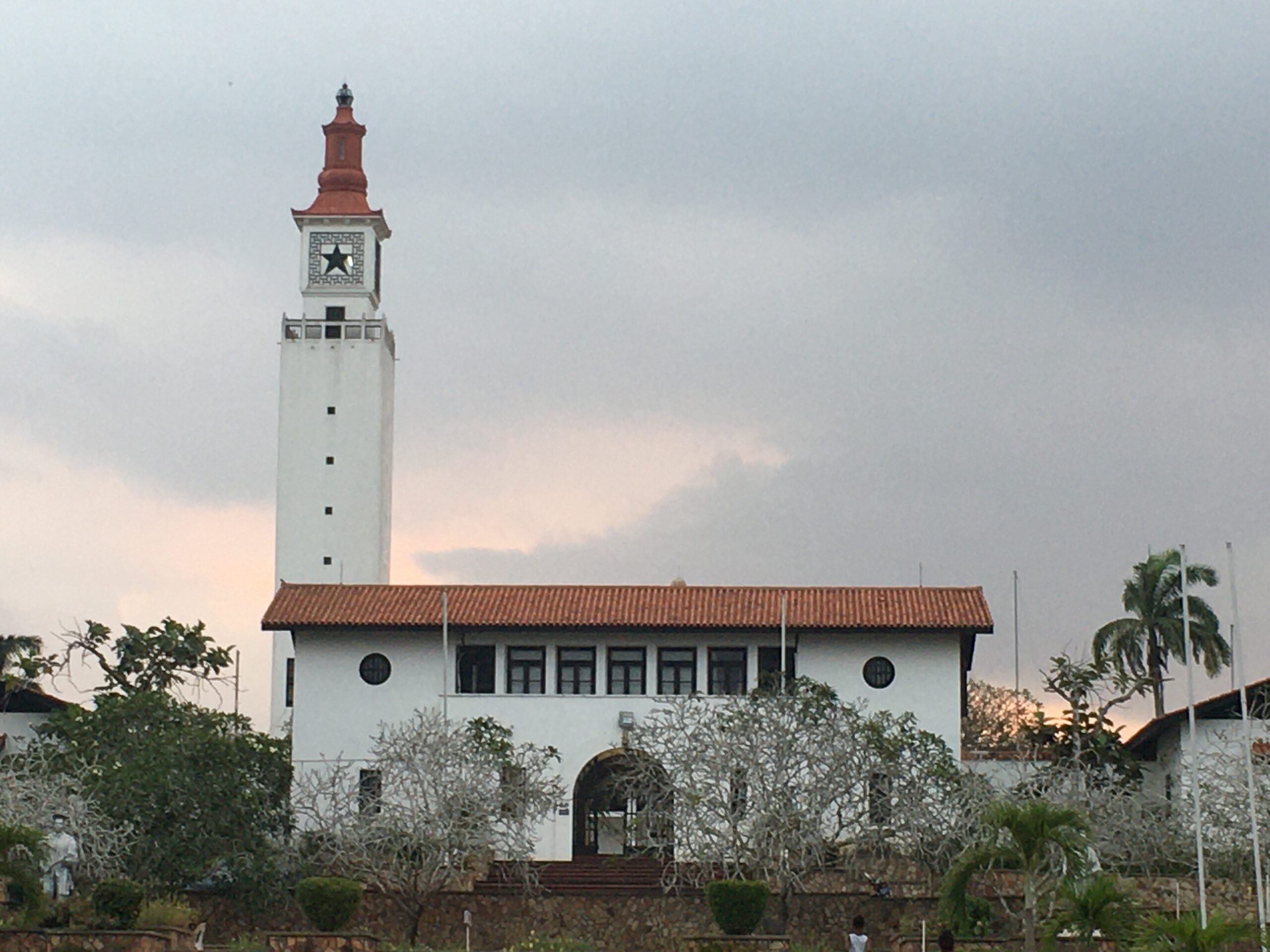

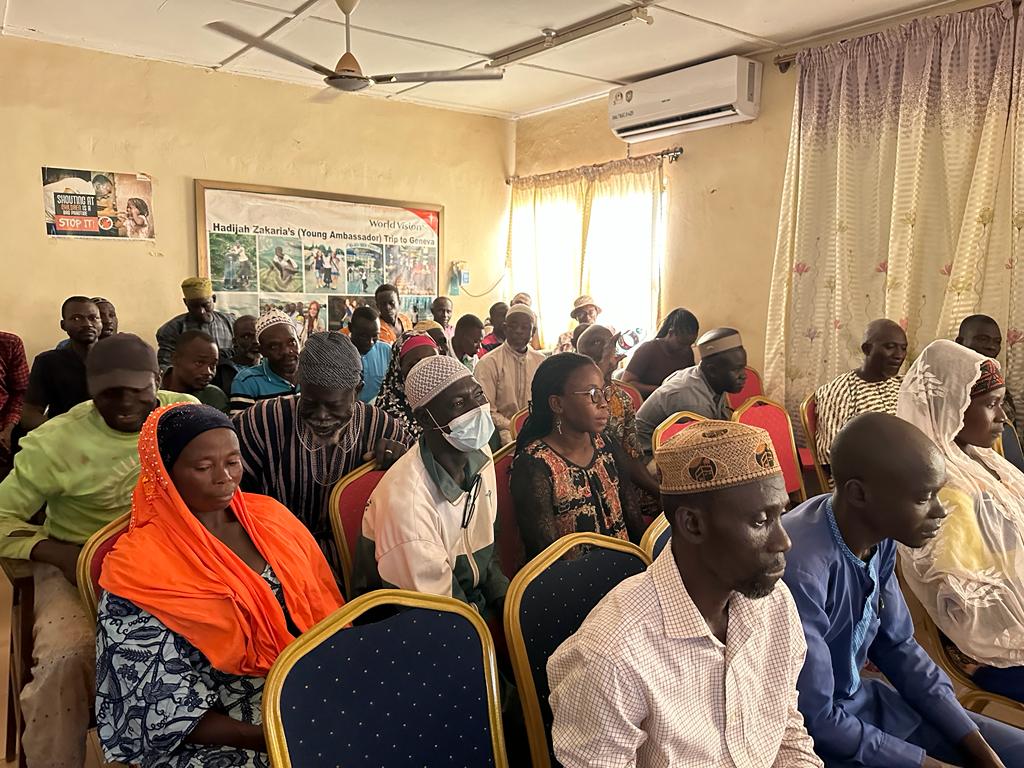




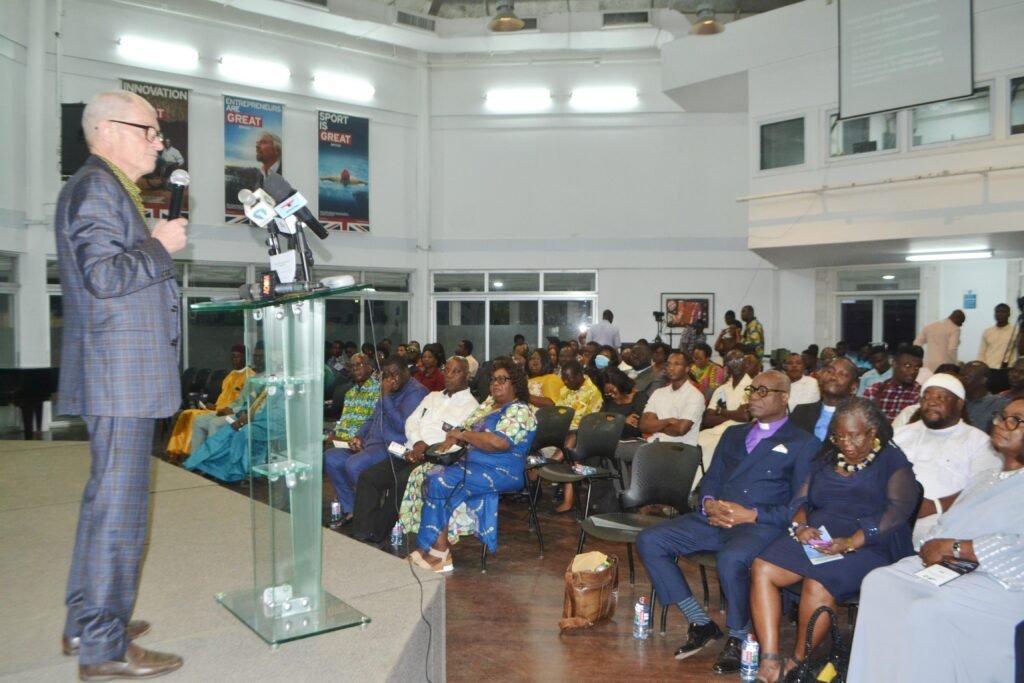





Facebook
Twitter
Pinterest
Instagram
Google+
YouTube
LinkedIn
RSS